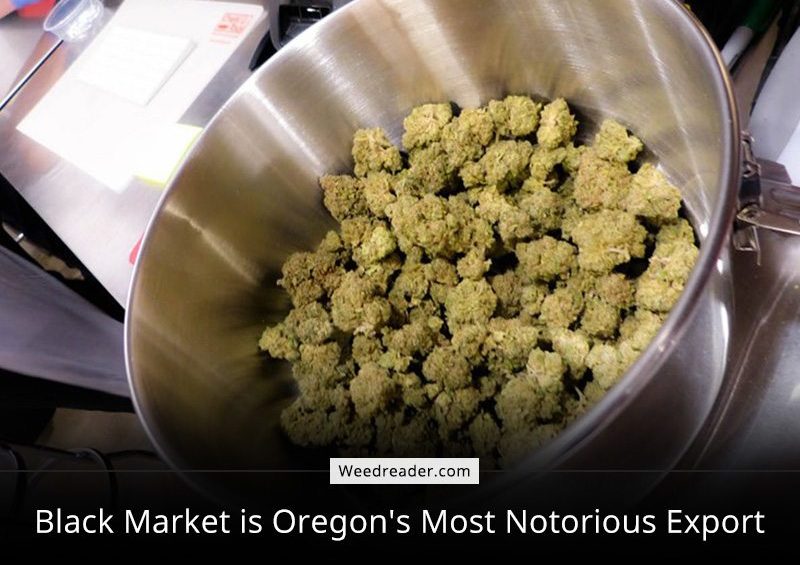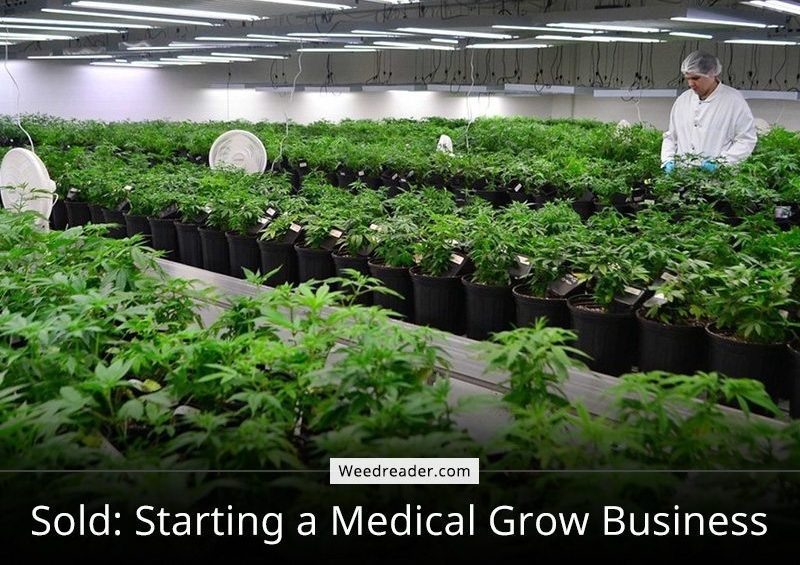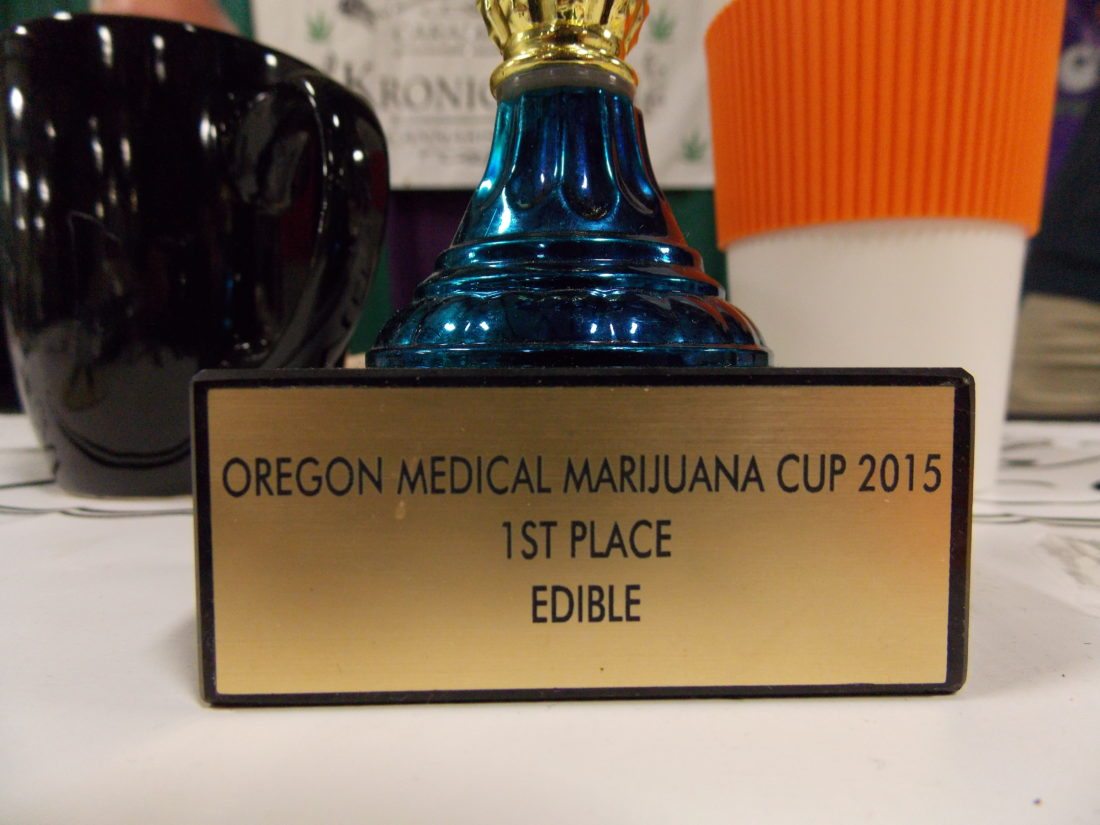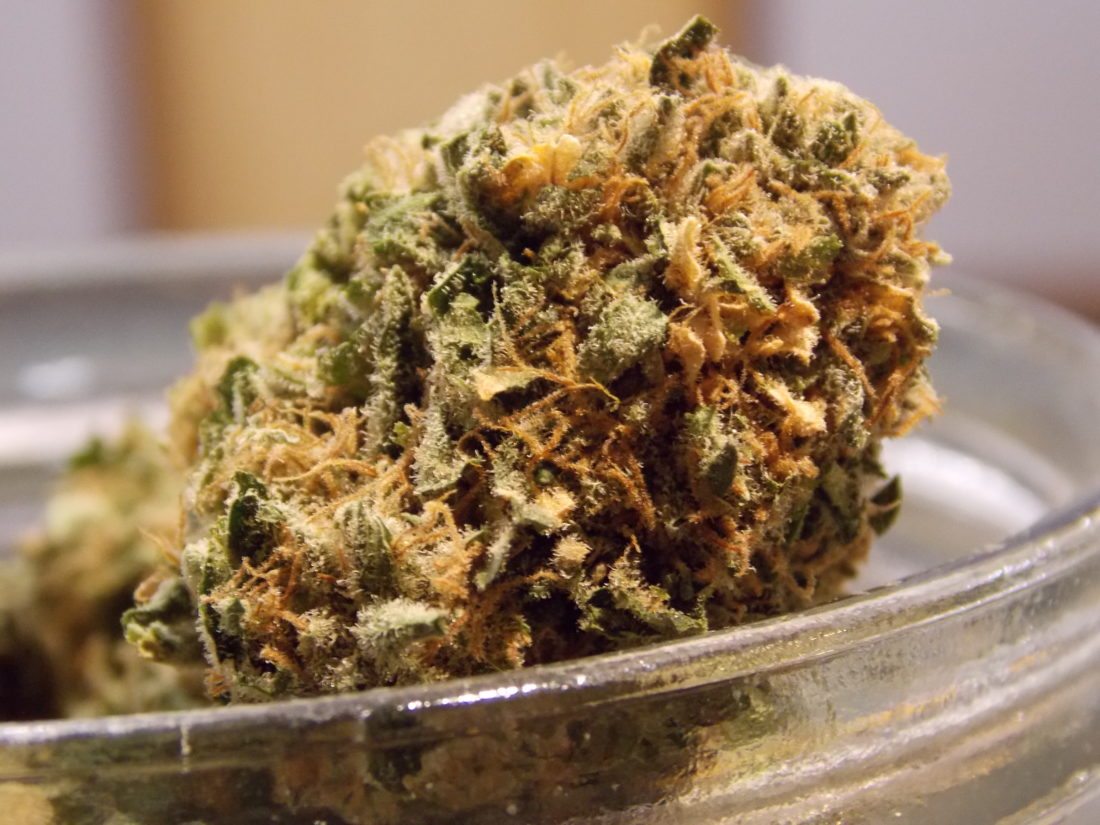Oregon is the Epicenter of national Cannabis Production.
The black market is alive and well. According to the Oregon State Police report, Oregon generates between 132 tons and 900 tons of cannabis. That is more cannabis than Oregon can conceivably consume per the Oregon State Police. They clearly underestimate their citizens. However, the real issue is that more and more cannabis is leaving the state to be sold elsewhere. And the Feds are looking at Oregon officials wondering what they intend to do about it.
Even though Oregon has implemented tacking methods to aid in efforts of control, it’s clearly not enough. But what else can they do, they already have cameras in every dispensary. Along with grower’s information, tracking numbers on all cannabis products and a strict budtender to consumer sales protocol.
Attorney Gen. Jeff Sessions wants to change the rules.
The Feds want to interfere with Oregon’s s cannabis laws, but the Cole Memorandum restricts federal marijuana law enforcement. However, US Attorney General Jeff Sessions is criticizing congressional leaders about the federal government’s hands-off approach to medical marijuana. The governors of Oregon, Colorado, Washington and Alaska wrote a warning to Sessions in April.
The governors believe that altering the Cole Memorandum “would divert existing marijuana product into the black market and increase dangerous activity in both our states and our neighboring states.” Making marijuana illegal again is not going to fix the problem. Cannabis will still be sold out of state and the black market will grow even larger once again. Because of this, Congress is strongly considering renewing the Cole Amendment for the next fiscal year.
Oregon Democratic Rep. Earl Blumenauer said that Sessions is “out of step” with most members of Congress. Many members of Congress are supportive of the idea to end the failed prohibition on marijuana. According to Blumenauer, cannabis has left Oregon for decades. But now-a-days we have better mechanisms to control it. He is correct, and people are continuing to create better methods of cannabis tracking and control.
Tracking technology is racing to keep up with the market.
Tina Kotek is the speaker of the Oregon House. She said that lawmakers wanted to ensure that they’re trying their best to protect the new industry that they’re supporting. The Washington State Liquor and Cannabis Board says it’s replacing its current tracking on Nov. 1st.
The new tracking system is supposed to be highly secure, more reliable, scalable and flexible. In California, they approved using a tracking system run by Lakeland, a Florida-based Franwell company. Franwell tracks cannabis using bar-code and radio frequency identification labels on packaging and plants.
“The tracking system is the most important tool a state has,” said Michael Crabtree. Crabtree runs the Denver-based Nationwide Compliance Specialist Inc. They help tax collectors track cash-heavy industries like the cannabis industry. Unfortunately, the systems aren’t 100% locked tight, they rely on user’s honesty.
According to Crabtree, “We have seen numerous examples of people ‘forgetting’ to tag plants”. And Colorado’s tracking doesn’t apply to several non-commercial marijuana caregivers. That doesn’t mean that they’re not trying to keep better track on cannabis distribution. California Sen. Mike McGuire said that it will take years for a fully operational and legal market will be in full force.
The Feds can’t catch’em all.
Even if there is a large percentage of marijuana leaving the state of Oregon, the Feds can’t catch them all. There’s a lack of authority and resources for them to snuff out every operation. There is a strong incentive for growers to take the risk because they can earn thousands of dollars per pound. And the punishments for getting caught are not as severe as they used to be.
Anthony Taylor is a licensed marijuana processor and lobbyist. He says that he used to grow large cannabis crops that were hidden from aerial surveillance. “In those days, marijuana was REALLY illegal. If you get caught growing the amounts we were growing, you were going to go to prison for a number of years.”
The large profit incentive for selling cannabis in the black market is real. And according to Taylor, the illegal sale and distribution of cannabis will stop when it becomes fully legalized nationwide. New Jersey U.S. Sen. Cory Booker agrees with Taylor. He introduced a bill to Congress on Aug. 1st to fully legalize marijuana in the U.S.
Even if marijuana becomes legal nationwide, there may still be a black market.
Currently, there is another incentive for distributors to sell cannabis underground. Lab testing remains expensive. Growers must take several samples to get lab tested which can costs thousands of dollars. The wait times are long because there is a shortage of testing labs, and the tests are strict. If one sample test negative for pests or mold, then the entire batch is considered a loss. Labs also test for THC and CBD percentages which adds to the expensive costs of testing.


















